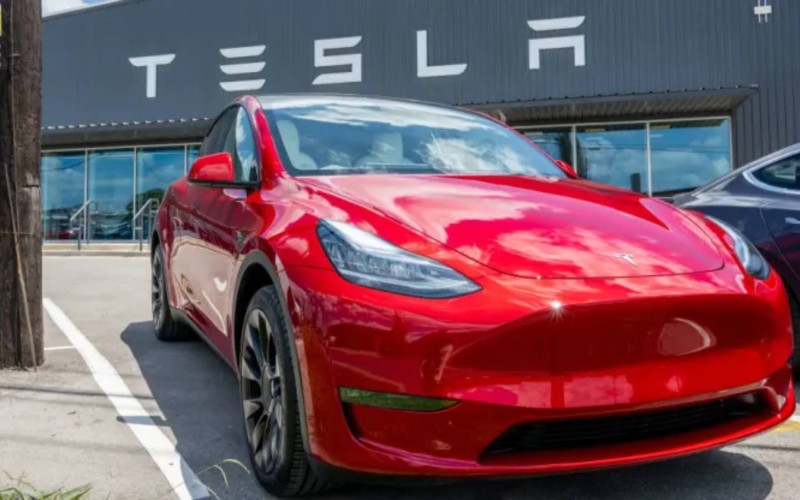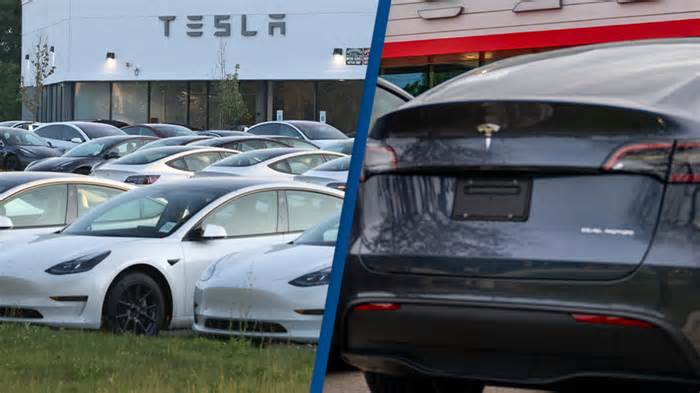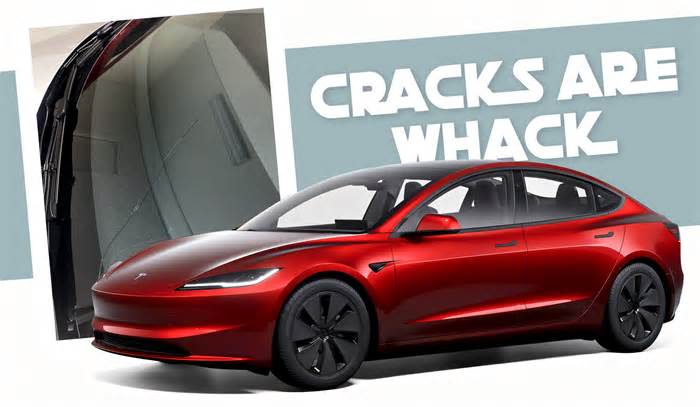
Starlink, telcos spar over satellite spectrum pricing
- by Indiatimes
- Nov 05, 2024
- 0 Comments
- 0 Likes Flag 0 Of 5

Last Updated: Nov 06, 2024, 11:19:00 AM IST
Rate Story These comments are part of the consultation process initiated by Telecom Regulatory Authority of India (Trai) on allocation of satellite spectrum and what should be the pricing and terms and conditions for it.
Indian Space Association (ISpA), too, has called on the sector regulator, the Telecom Regulatory Authority of India (Trai), to check the big players from resorting to predatory pricing. Further, smaller satellite players like Viasat have opposed Starlink and Amazon, regarding ITU (International Telecommunication Union) filings and its relevance to spectrum allocation.
Without naming any company, Starlink, in its latest submissions to Trai, said India's operators do not attempt to provide any explanation of how their satellite systems use spectrum differently from next-generation systems that can serve users all across India.
“Instead, they try to thread the difficult needle of arguing for reasonable spectrum pricing for their own satellite systems, but artificially heightened and anti-competitive pricing for others,” Starlink said in its counter comments to the telecom regulator.
Bharti Airtel chairman Sunil Mittal had earlier called for auction of spectrum in case satcom firms offer services in urban areas, but has batted for administrative allocation, in case the services are restricted to remote areas.
Bharti Airtel and satcom company Eutelsat Oneweb, both backed by the Bharti group, telco Vodafone Idea and the Cellular Operators Association of India (COAI) had proposed a differentiated spectrum pricing strategy to ensure a level-playing field between satcom and terrestrial operators. As per the players, only for particular use cases, satcom spectrum should be given administratively, otherwise it should be priced at market rates.
Reliance Jio, though, has been asking for auction of the entire satcom spectrum.
“These operators are attempting to reframe their limited capabilities as a conscious system design and business choice. However, it is difficult to see this as anything other than transparently self-serving at the cost of underserved users,” Starlink said.
It said it doubts that any underserved user anywhere in India would prefer having to pay higher prices just so these satellite operators can serve their preferred “traditional and conventional” markets more cheaply instead.
Bharti Airtel and Oneweb have not provided any counter comments on the issue, but both Reliance Jio and Vodafone Idea have reiterated that spectrum should be priced at market rates.
On Starlink and Amazon’s Taking comments, Vodafone Idea said satcom players will be extending their broadband services to all areas, including urban and semi-urban areas, and will directly compete with terrestrial communication service providers.
“Therefore, no spectrum policy (including assignment methodology and pricing) should get influenced by the fallacy being pushed by satellite players for their commercial business interest,” Vodafone Idea said. “It is important that Trai ensures a level playing field in between the various players providing competing and same services.”
Reliance Jio said that with substantial capacities, satcom players would be competing directly with terrestrial operators in both urban and rural markets. Sharing some examples, Jio said the capacities generated by SpaceX’s Starlink and Amazon’s Kuiper constellations would be massive and would directly rival those of terrestrial operators and would also indeed exceed some of the terrestrial operators.
“For instance, each Starlink V1 satellite has the capacity of 20 Gbps, followed by V2 mini having 80 Gbps capacity and the upcoming V2 would have 10 times the capacity of V1. The Kuiper satellites will also provide significant capacities, with each satellite expected to handle up to 1 terabit per second (Tbps) of traffic,” Jio said.
Further, there is a divide between large satcom players and small firms. Viasat has opposed Starlink and Amazon regarding ITU filings and allocation of spectrum. The two satcom majors had proposed that spectrum should not be assigned based on ITU filings, which was opposed by Viasat.
ISpA, too, has raised concerns over large satcom players, which are creating massive capacities and may offer predatory pricing to consumer (B2C) segments in urban markets, which might have a negative impact on the existing satcom ecosystem.
“The authority must keep vigil on large capacity satcom operators from resorting to predatory pricing. Trai and the government should price the satellite spectrum in a manner that addresses the concerns related to fair pricing,” said ISpA, which counts Hughes, Oneweb, Nelco, Inmarsat, Intelsat and Airtel among its members.
Nominations for ET MSME Awards are now open. The last day to apply is November 30, 2024. Click here to submit your entry for any one or more of the 22 categories and stand a chance to win a prestigious award.
Please first to comment
Related Post
Stay Connected
Tweets by elonmuskTo get the latest tweets please make sure you are logged in on X on this browser.
Sponsored
Popular Post
Middle-Aged Dentist Bought a Tesla Cybertruck, Now He Gets All the Attention He Wanted
32 ViewsNov 23 ,2024
tesla Model 3 Owner Nearly Stung With $1,700 Bill For Windshield Crack After Delivery
32 ViewsDec 28 ,2024






 Energy
Energy



















